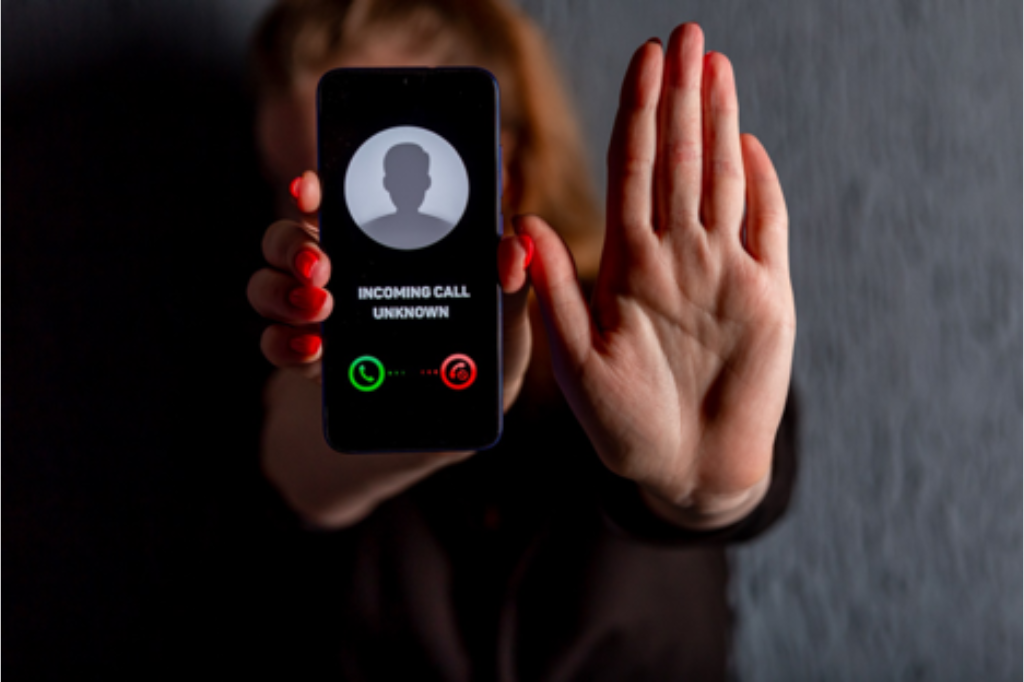
IRS Warns Taxpayers of Scammers Exploiting Fake Charities Following Disasters (IR-2023-57)
The Internal Revenue Service (IRS) has issued a warning as part of their annual Dirty Dozen campaign, alerting taxpayers to be vigilant of scammers using fake charities to exploit their goodwill, particularly in the wake of natural disasters or emergencies. These fraudsters not only attempt to steal money but also personal and financial data that can lead to tax-related identity theft.
IRS Commissioner Danny Werfel emphasizes that scammers act quickly to take advantage of the public’s generosity by using tactics such as requesting donations over the phone, email, or text. He advises taxpayers not to feel pressured to give immediately and instead turn to recognized, established charities to help victims.
The Dirty Dozen, an annual list by the IRS, highlights 12 common scams and schemes that put taxpayers and tax professionals at risk of losing money, personal data, and more. Bogus charities often proliferate during times of crisis or natural disaster, seeking money and personal information to further exploit victims through identity theft.
To protect against fake charity scams, the IRS offers several tips:
- Don’t give in to pressure: Scammers often use urgency to pressure people into making immediate payments. Legitimate charities will accept donations at any time, so take the time to do your research.
- Verify first: Scammers often use names that resemble well-known charities. Ask the fundraiser for the charity’s exact name, website, and mailing address to independently confirm its legitimacy.
- Be cautious about donation methods: Avoid charities that ask for donations through gift card numbers or wire transfers. Pay by credit card or check only after verifying the charity is real.
- Don’t give more than needed: Scammers seek both money and personal information. Never give out Social Security numbers, credit card numbers, or PIN numbers, and only give bank or credit card numbers after confirming the charity is legitimate.
If you suspect an individual or tax return preparer is promoting improper or abusive tax schemes, the IRS encourages you to report them using Form 14242 or contact the IRS Whistleblower Office for possible monetary rewards.
***Disclaimer: This communication is not intended as tax advice, and no tax accountant -client relationship results**
